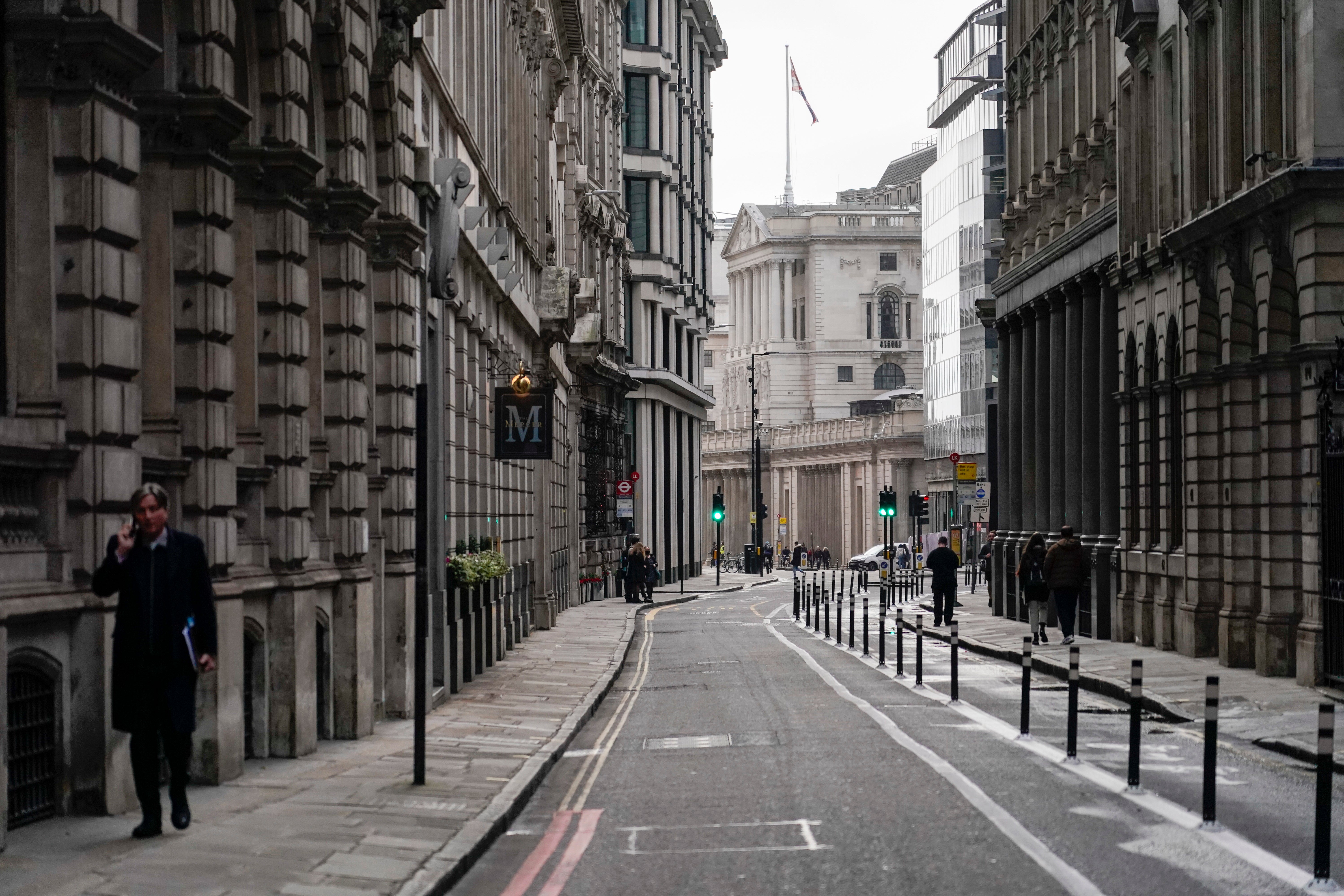Omicron stalks UK jobs market after previous fears allayed
Britain’s jobs market appears to have brushed aside the ending of a salary support program that supported millions of jobs during the coronavirus pandemic

Your support helps us to tell the story
From reproductive rights to climate change to Big Tech, The Independent is on the ground when the story is developing. Whether it's investigating the financials of Elon Musk's pro-Trump PAC or producing our latest documentary, 'The A Word', which shines a light on the American women fighting for reproductive rights, we know how important it is to parse out the facts from the messaging.
At such a critical moment in US history, we need reporters on the ground. Your donation allows us to keep sending journalists to speak to both sides of the story.
The Independent is trusted by Americans across the entire political spectrum. And unlike many other quality news outlets, we choose not to lock Americans out of our reporting and analysis with paywalls. We believe quality journalism should be available to everyone, paid for by those who can afford it.
Your support makes all the difference.Britain’s jobs market appears to have brushed aside the ending of a salary support program that supported millions of jobs during the coronavirus pandemic, official figures showed Tuesday — before the emergence of the omicron variant raised new concerns over the unemployment outlook.
The Office for National Statistics found that the number of workers on payroll rose by a record 257,000 in November to a record 29.4 million. The statistics agency also found that the unemployment rate fell once more, to 4.2% in the three months to October.
Both measures provide further evidence that the end of the British government's Job Retention Scheme in September didn't lead to a mass of people joining the ranks of the unemployed.
Despite the buoyant jobs news, the Bank of England isn't expected to raise interest rates on Thursday for the first time since the pandemic began in early 2020, amid concerns over the rapid spread of omicron.
The variant's emergence over the past couple of weeks has created renewed uncertainty over the economic outlook, raising the specter of renewed job losses as firms respond to lower demand. One concern is that the spread of omicron will prompt many people to avoid going out, leading to lower sales in entertainment and food venues.
“Having enjoyed a brief and healthy return to normality, the labor market is now entering a tough new phase as omicron spreads, which will require further policy support," said Nye Cominetti, senior economist at the Resolution Foundation think tank.
Rate-setters at the bank had previously indicated that they were ready to raise the benchmark rate from the record low of 0.1% given the recent spike in inflation if the labor market managed to cope with the ending of the furlough program.
For much of the time the hugely expensive program was in place, the government paid 80% of the salaries of employees unable to work because of lockdown measures. At its peak, it helped support over 11 million people. But with many workers returning to their jobs after pandemic restrictions lifted, that fell to a little more than 1 million at the end of the program in September.
Figures on Wednesday are set to show that consumer price inflation is running around double the Bank of England's target of 2% — largely as a result of the sharp increase in energy costs during this year's global economic recovery. However, with the British economy showing lackluster growth even before omicron and the reimposition of new restrictions, the pressure on rate-setters to raise rates has eased.
“Even though the fallout after the furlough scheme was smaller and shorter than the Bank of England had feared, concerns over the deteriorating COVID-19 situation will probably prevent it from raising interest rates this Thursday,” said Paul Dales, chief U.K. economist at Capital Economics